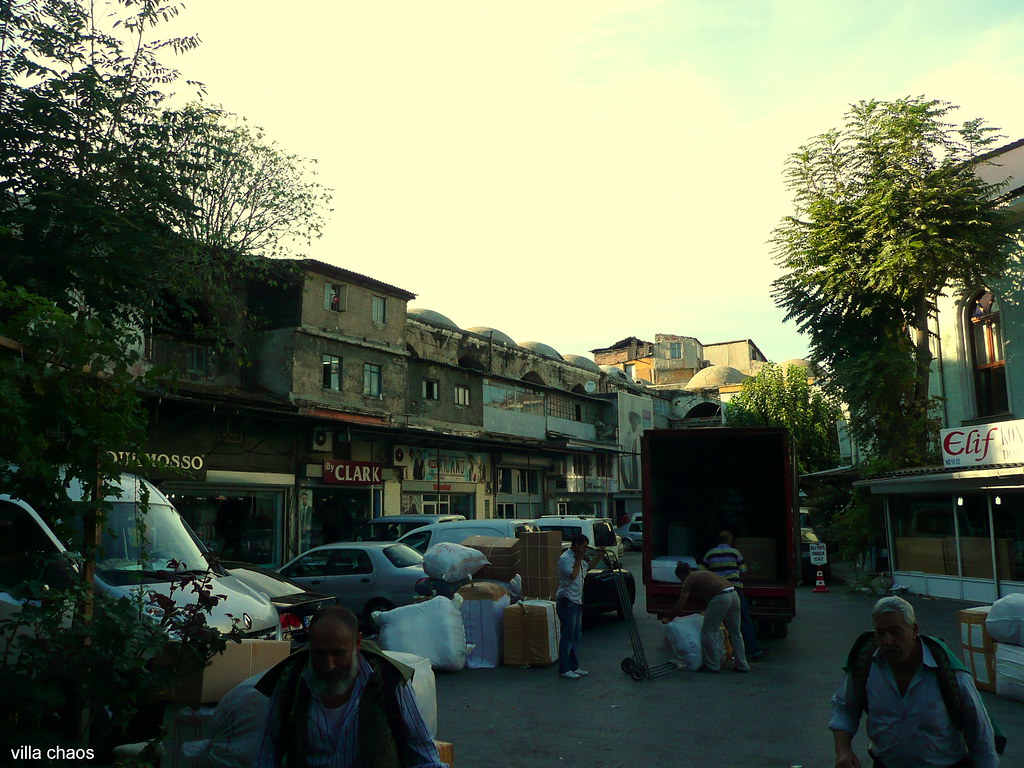
Introduction
Istanbul, a city that stands as a bridge between Europe and Asia, is of immense historical, cultural, and economic significance. With a population of over 15 million, it is Turkey’s most populous city and has long been a hub for trade, politics, and culture throughout the ages. Recent developments have further highlighted the city’s role as a global metropolis, making it a focal point of interest for tourists, historians, and urban planners alike.
Historical Context
Founded as Byzantium in 660 BCE, Istanbul has served multiple functions over its storied history. It became Constantinople, the capital of the Byzantine Empire, before falling to the Ottomans in 1453. This rich tapestry of history is evident in the city’s architecture, from the Hagia Sophia to the Blue Mosque and Topkapi Palace. Each structure tells the story of its time, contributing to Istanbul’s designation as a UNESCO World Heritage Site.
Modern Developments
In recent years, Istanbul has seen immense infrastructural investments aimed at bolstering its status as a global city. Major projects like the Istanbul Airport, which opened in 2018, aim to establish the city as a major global aviation hub. This new airport is expected to handle up to 200 million passengers annually, solidifying Istanbul’s role in international travel.
The city also faces challenges, including rapid urbanisation and the impacts of climate change. Authorities are working on sustainable development initiatives, focusing on green spaces and energy-efficient buildings, to mitigate these issues.
Cultural Significance
Istanbul is a mosaic of cultures, where East meets West. This diversity is celebrated through its festivals, cuisine, and the arts. The city has become a vibrant centre for contemporary art, hosting events like the Istanbul Biennial and the Istanbul Film Festival, which attract international talent and audiences. This cultural dynamism draws millions of tourists each year, contributing significantly to the local economy.
Conclusion
The future of Istanbul looks promising yet complex, as it navigates the challenges of modern urban life while preserving its rich heritage. As cities around the world become increasingly interconnected, Istanbul stands out as a critical player due to its unique position between continents. For readers, Istanbul is not just a travel destination; it is a city that reflects the past and shapes the future of cultural, social, and economic interactions worldwide. With ongoing developments and a resounding commitment to preserving its heritage, Istanbul will continue to be a significant city on the global map.
You may also like

The Importance of Nations in Modern Society

Understanding National Events and Their Significance

The Significance of the West in Today’s World
SEARCH
LAST NEWS
- Remembering Wendy Richard: The Promise to Co-Star Natalie Cassidy
- How Did Anglian Water Achieve an ‘Essentials’ Rating for Mental Health Accessibility?
- Shai Hope Leads West Indies in T20 World Cup Clash Against South Africa
- What We Know About Weston McKennie: Future at Juventus and Past at Leeds
- What We Know About the Upcoming Live Nation Antitrust Trial